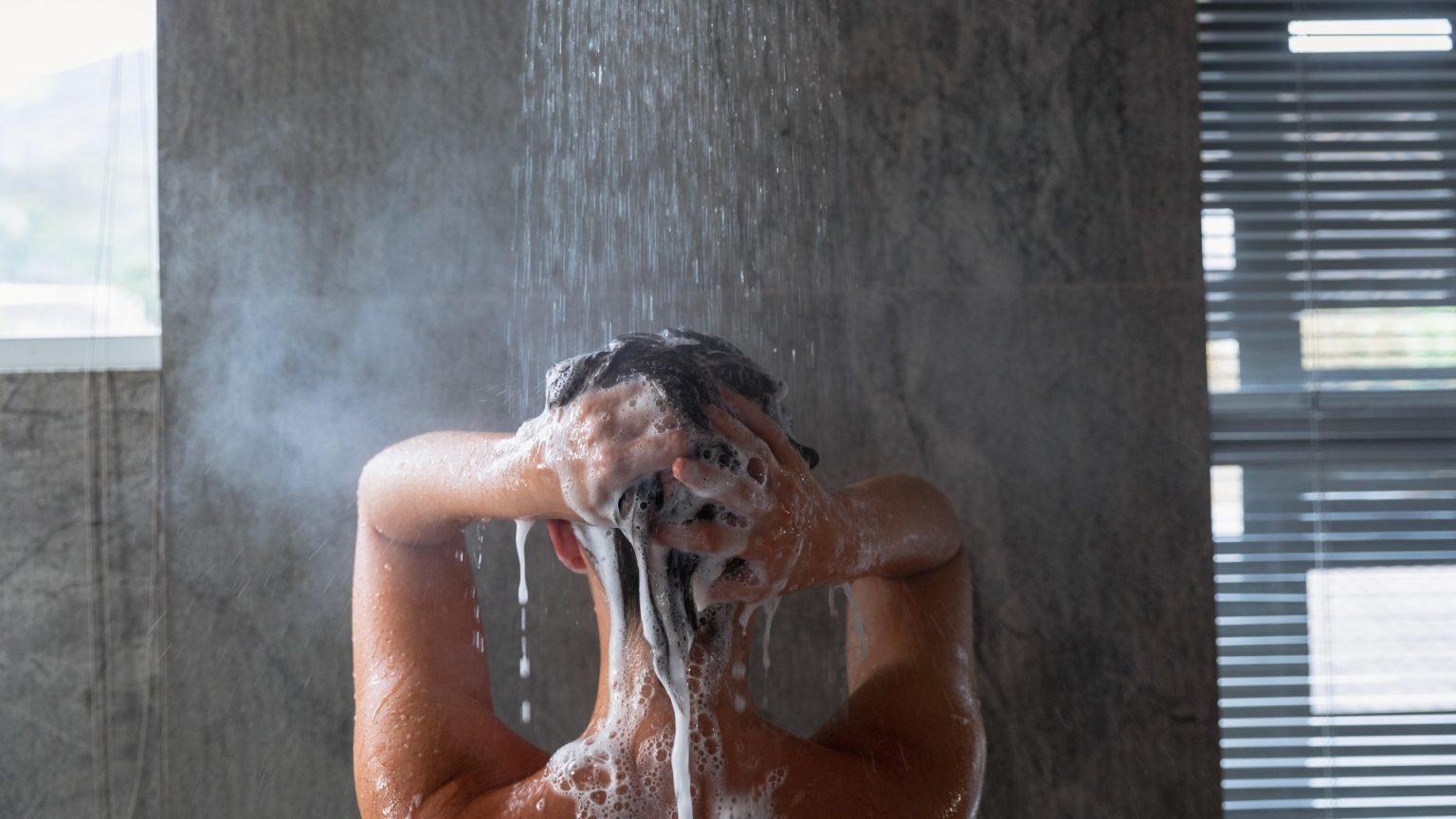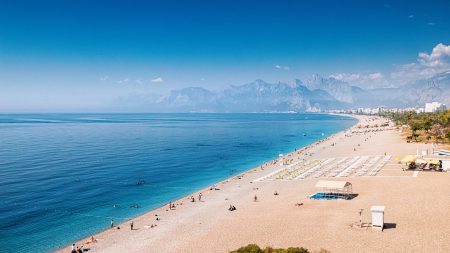The allure of a steaming hot shower after a long, tiring flight is undeniable, promising relaxation and a sense of renewal. However, experts advise against this seemingly harmless indulgence, suggesting it can exacerbate skin issues and worsen jet lag. The dry air within airplane cabins, often with humidity levels as low as 10-20%, significantly dehydrates the skin. A hot shower further strips away the skin’s natural oils, potentially leading to irritation, acne flare-ups, and exacerbating conditions like eczema and psoriasis. Instead, opting for a cooler shower can be surprisingly beneficial. The cold shock stimulates blood flow, increasing alertness and mitigating the effects of jet lag. This improved circulation also helps reduce puffiness and leaves skin looking refreshed. Moreover, a cold shower triggers the release of endorphins and noradrenaline, providing an energy boost and further combating jet lag.
This advice is echoed by frequent flyers and travel experts alike. Travis Carinci, a Qantas customer service manager who logs extensive air miles, avoids hot showers post-flight to prevent skin dryness. Travel + Leisure experts also endorse cold showers for their circulatory benefits, providing a much-needed energy boost to combat fatigue after a long journey. This quick revitalization can be crucial for those needing to stay awake and adjust to a new time zone. Thus, while tempting, a hot shower after a flight can be counterproductive, hindering both skin health and recovery from travel fatigue.
Preparing for a flight also involves considering the timing of your shower. If your flight is early in the morning, showering the night before can save valuable time and allow for extra sleep. This simple adjustment can make a significant difference in starting your journey feeling refreshed and less rushed. Furthermore, dermatologists suggest that showering every two to three days is generally sufficient for maintaining hygiene, depending on individual lifestyle and activity levels. Daily showering isn’t always necessary and can even be detrimental to skin health. Those with active lifestyles, however, may benefit from showering after workouts.
Beyond shower temperature and timing, other strategies can help minimize the effects of jet lag. Staying hydrated throughout the flight by drinking plenty of water is crucial to counter the dehydrating effects of cabin air. Avoiding alcohol and caffeine can further contribute to better sleep and adjustment to new time zones. Upon arrival, exposing yourself to natural light can help regulate your body’s internal clock and ease the transition. These simple measures, combined with a strategic approach to showering, can significantly improve your post-flight experience.
In conclusion, resisting the urge for a hot shower after a long flight can be surprisingly beneficial for both skin and overall well-being. The dry air in airplanes already dehydrates the skin, and hot water further exacerbates this issue. Opting for a cooler shower, while perhaps less enticing initially, can improve circulation, reduce puffiness, and provide an invigorating boost to combat jet lag. This practice, alongside pre-flight planning like showering the night before an early departure, can contribute to a more comfortable and less stressful travel experience.
By understanding the impact of air travel on the body and adopting simple strategies like adjusting shower temperature and timing, travelers can mitigate the negative effects of long flights and arrive at their destination feeling refreshed and ready to explore. Prioritizing skin health and managing jet lag are essential components of a positive travel experience. So, next time you step off a plane, consider a revitalizing cool shower instead of a hot one. Your skin and body will thank you.











